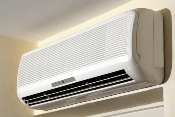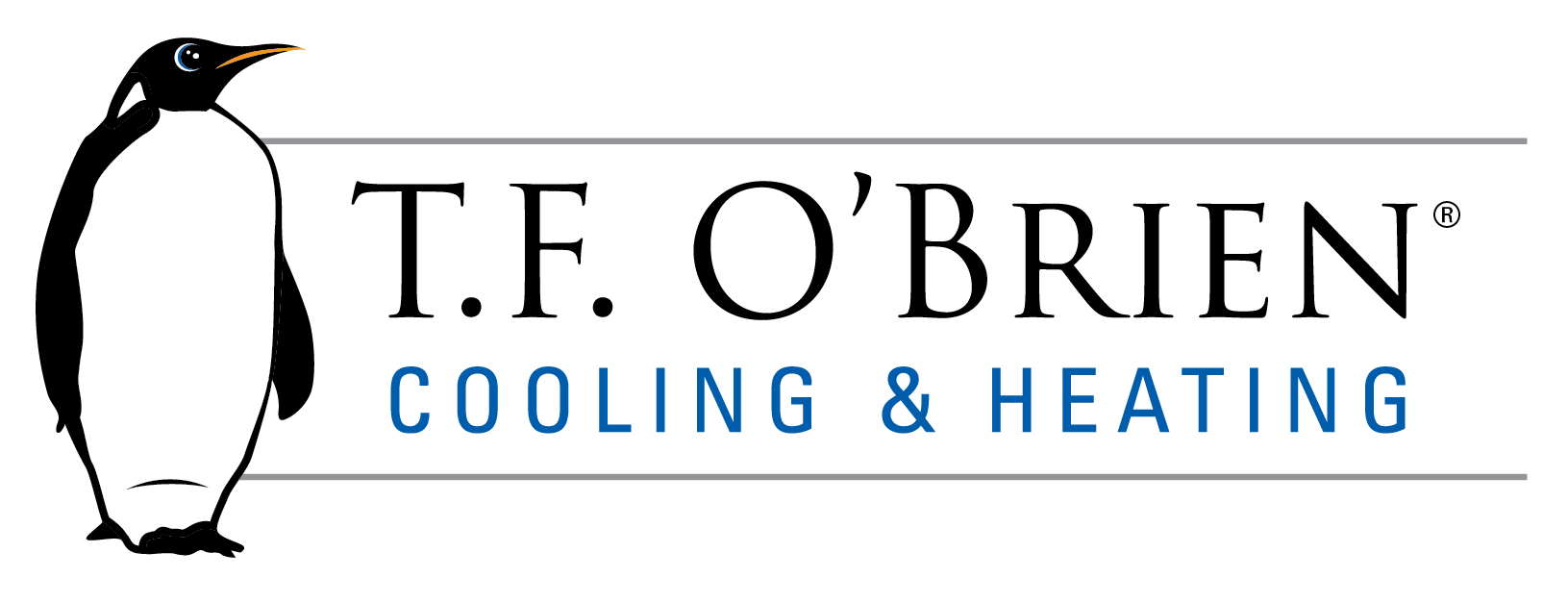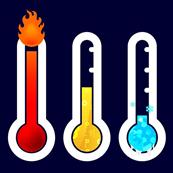 See How Convenient and Versatile These Ductless Systems Can Be
See How Convenient and Versatile These Ductless Systems Can Be
Modern homes are not built, they are engineered. A significant amount of professional time and effort is devoted to the optimal design of every system in a house. As such, remodels and room additions to these designs are best left to professionals, who will know when to expand ductwork or to utilize ductless mini-splits. Continue reading “No Ducts? No Problem — Ductless Mini-Splits Provide Possibilities, Increase Home Comfort”

 Customize Your Comfort Based on Your Home’s Layout and Your Use
Customize Your Comfort Based on Your Home’s Layout and Your Use Heat Pump Not Turning On? Here’s Some Things You Can Do
Heat Pump Not Turning On? Here’s Some Things You Can Do Critical Thinking Can Help You Make a Wise Decision
Critical Thinking Can Help You Make a Wise Decision Keep Your Heating Bills to a Minimum With These Fixes
Keep Your Heating Bills to a Minimum With These Fixes